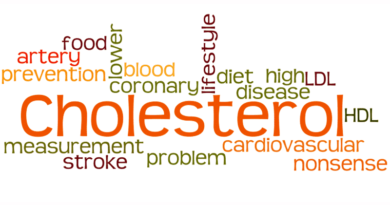Reflections on Cheating

One of the most common things that people say about The Harcombe Diet is that I shouldn’t have called it a diet – it’s a lifestyle. It’s something that should be adopted – not something that you go on and off. I think that this notion is at the heart of the very interesting query and thread, which has prompted me to write this article on cheating.
The thread is very interesting right from the title: “Compliance fatigue.” This very much suggests being weary of having to stick to something. This very much implies that there is a wish that the ‘duty’ phase can end soon and then ‘normal service’ can be resumed.
The first comment in the thread (from supermember in every way, Gilli) is here: “This may sound like an odd question Zoe, but I have noticed a bit of a theme running with those of us who have been following this way of eating for a long time. The main principles of the Harcombe Diet become second nature and yet cheating becomes harder to avoid.
I suspect it is in part because we have all lost weight and are close enough to comfortable with our bodies that the motivation to always say "no" to a cheat is somehow compromised.
Is there a "sweet period" (for want of a better description) when motivation for weight loss is at its highest and then with familiarity the motivation simply slides?
For example some people lose a lot of weight in 4 months and then maintain. Others who after 6 months still have weight to lose seem to be struggling to lose the same few pounds over and over again.”
The Harcombe Diet®
The Harcombe Diet in a nutshell is:
Phase 1 – which typically achieves rapid results and sets people on the real food journey in a quite dramatic ‘shake-up’ kind of way. It is also something that people can re-visit at any time to get back on track, to correct a holiday kind of regain and/or to start to attack the three conditions, if they have returned. (Please note – the ‘shake-up’ was quite dramatic when Why do you overeat first came out in 2004. Now that people are more familiar with keto, or even carnivore, Phase 1 is positively lenient!)
Phase 2 – the main weight loss phase is the phase to make real food second nature and to make fat and carb meals second nature too. Veggies will have more carb meals, and fewer fat meal options. Omnivores tend to find that they do better and feel less hungry with fat meals. I often say to Low-Carb-High-Fat (LCHF) people at conferences – The Harcombe Diet is a great route in to the LCHF world. Not many veggies, for example (as I was), are going to go keto overnight, but they will go real food and then have more fat meals (eggs and cheese based). Then they have more chance of going down the very low carb route, if a health condition requires this to happen (type 2 diabetes being the most likely driver).
Phase 3 – is based on the fat and carb meals of Phase 2, as the lifelong way of eating. However, Phase 3 then introduces the concept of cheating and cheats – not to be called treating and treats, as we don’t want to continue to think of junk as a good thing. We’ve had a lifetime of thinking that ‘treats cheer me up’, which is why we all ended up with weight problems and various degrees of carb addiction. There are many tips for cheating, but the three fundamental guidelines have never changed: i) don’t cheat too much ii) don’t cheat too often and iii) be alert and stay in control.


